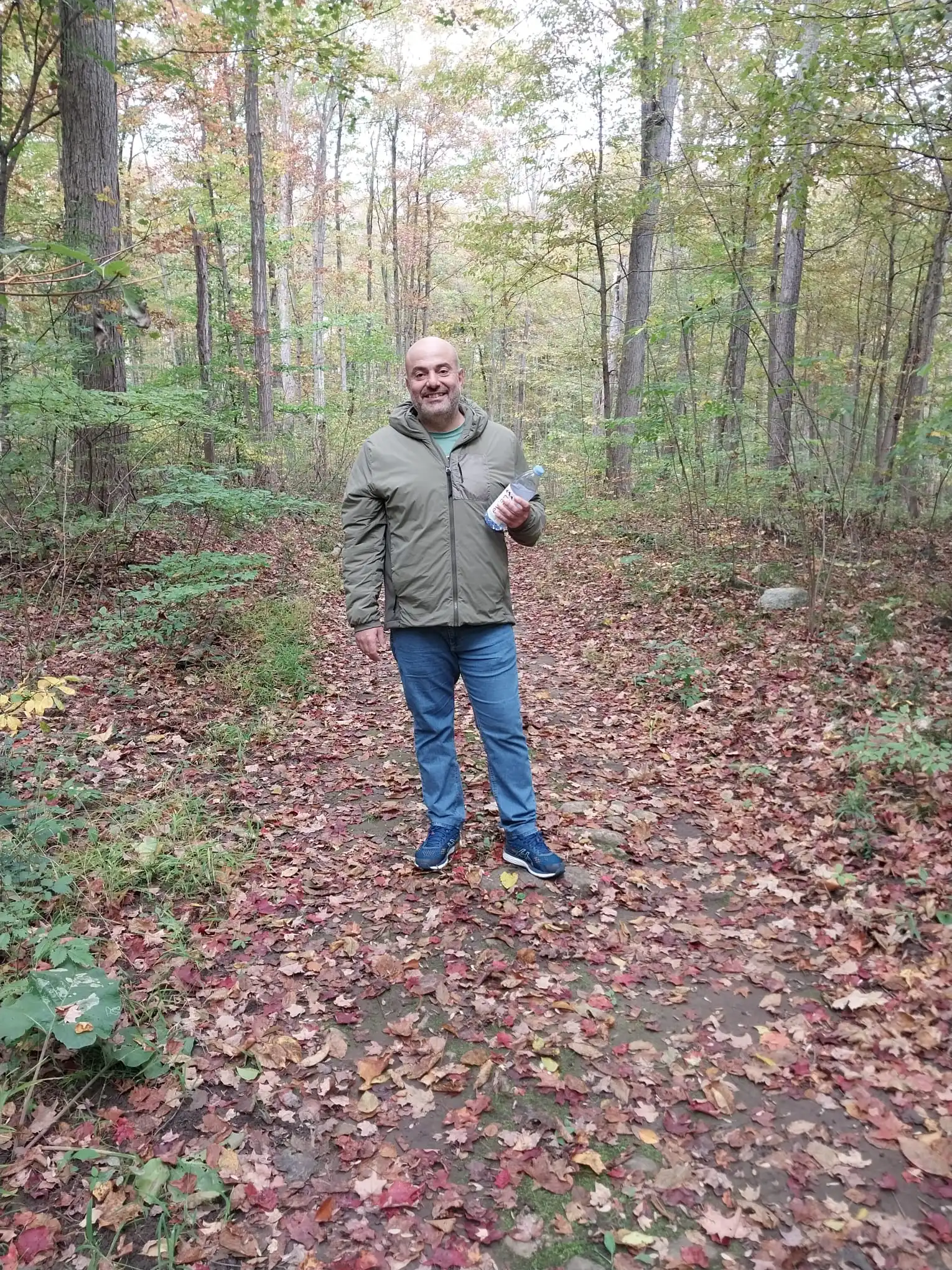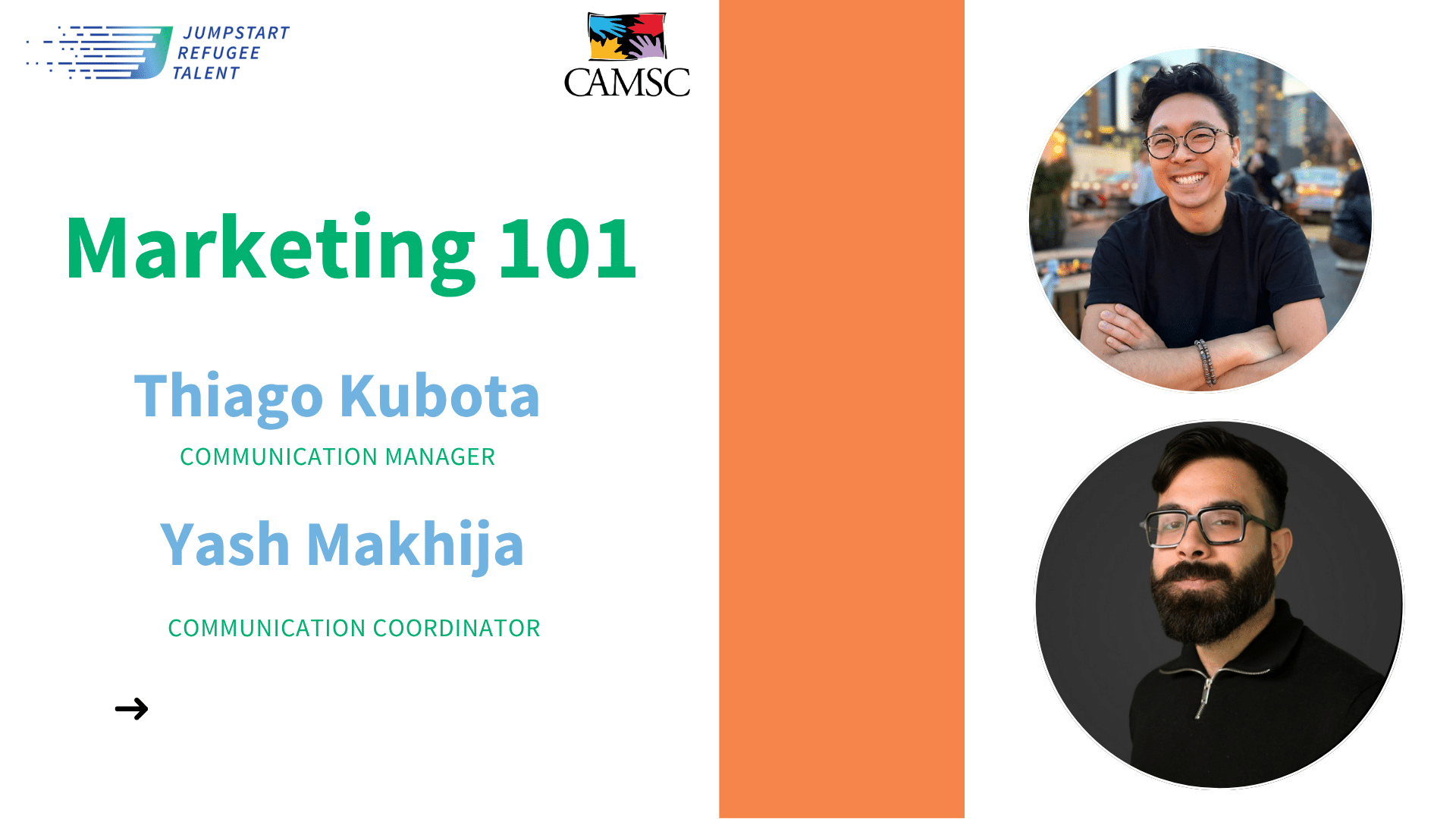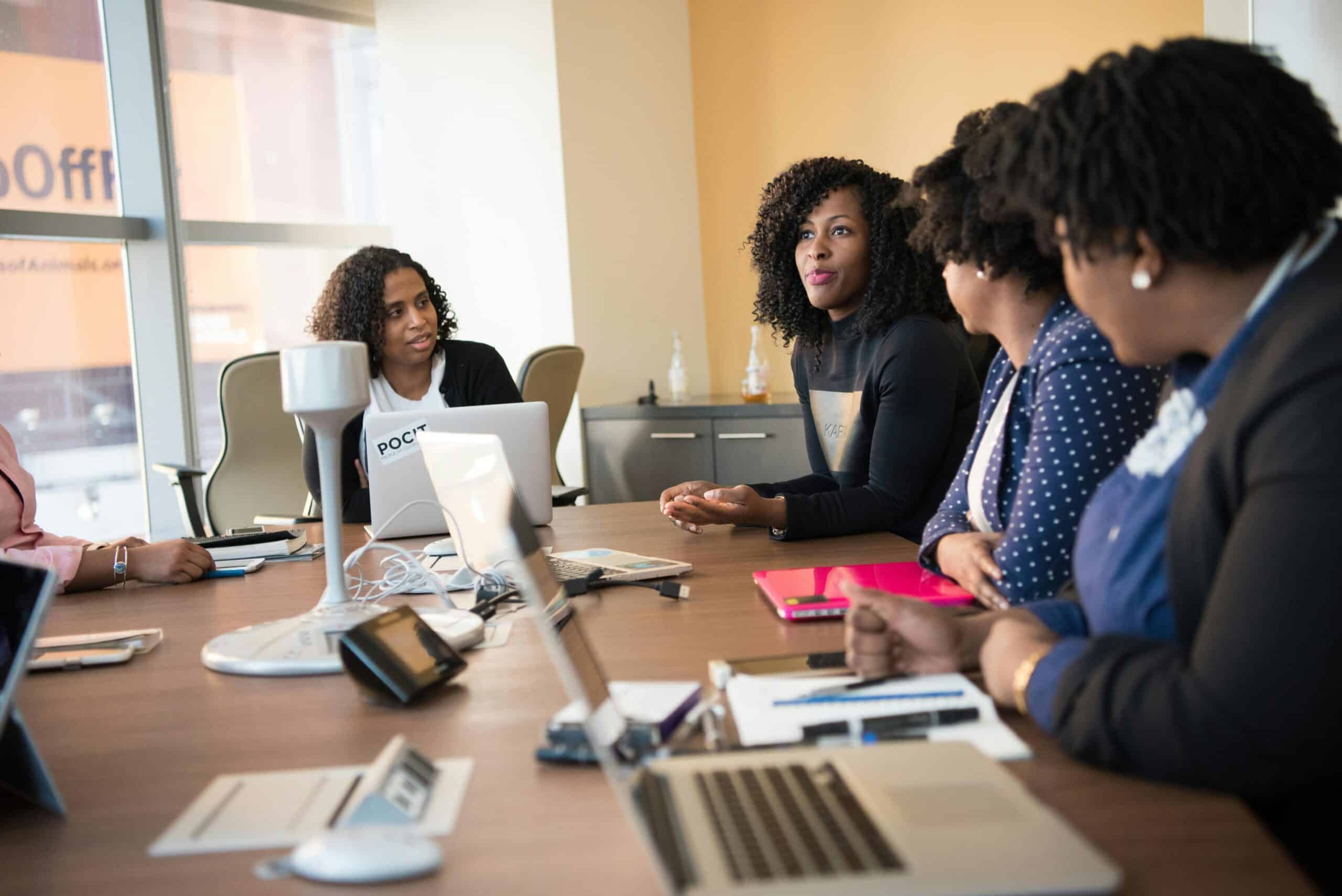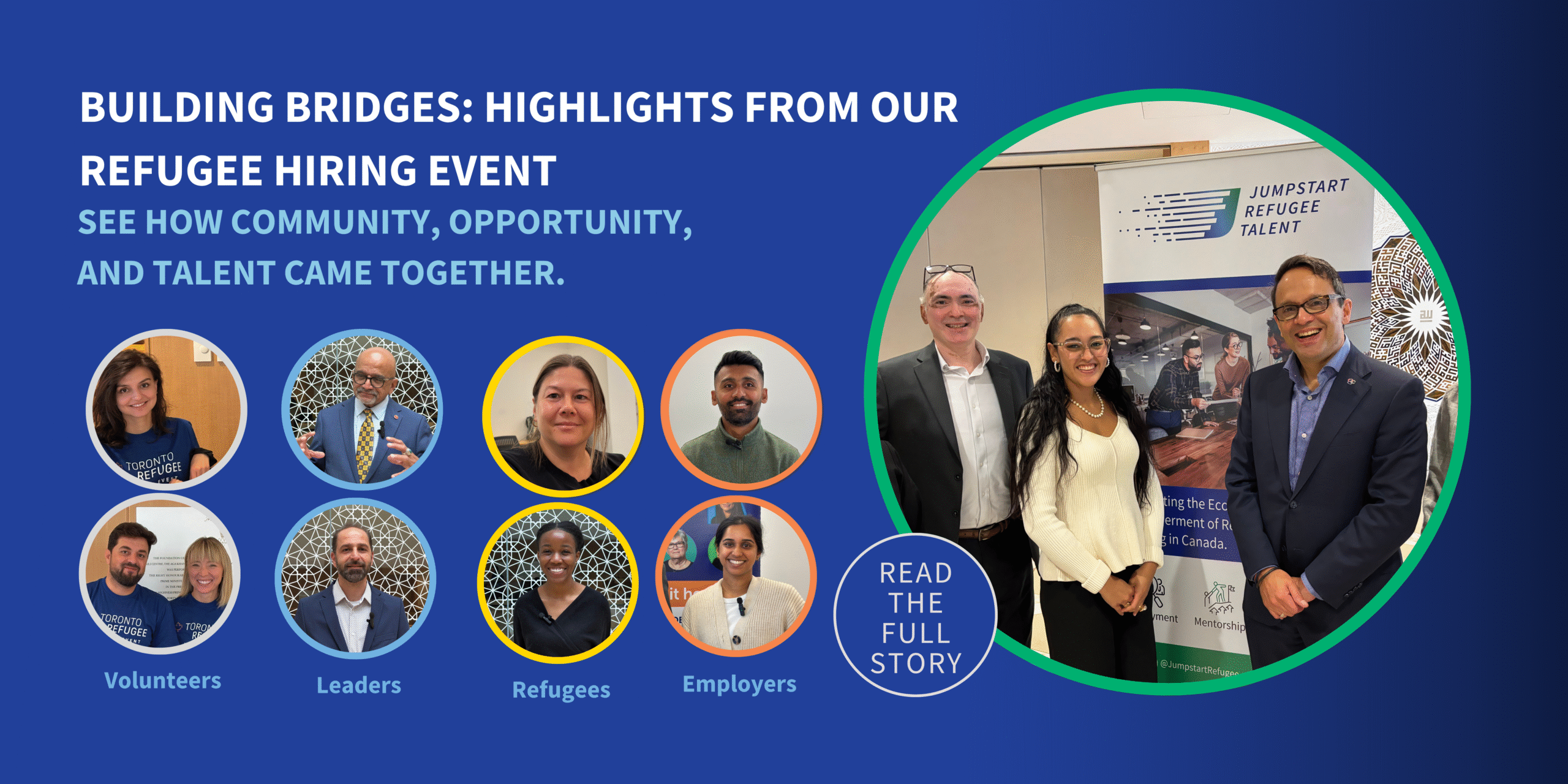Journey of LGBTQ+ Refugees: From Persecution to Empowerment
Nouran and Miral are LGBTQ+ activists who fled to Canada in 2018 shortly after Mashrou’ Leila’s concert in 2017 when the Egyptian government started to crack down on queer folks. This is their story:

“Miral and I faced grave danger, not only from our own government but also from our families. Despite my family being aware of my lesbian identity, it was too risky for me to remain in the country, so I decided to escape with Miral. We spent a year navigating through different locations in Egypt before finally settling in Canada.” Nouran explained.
Miral added, “My family was also aware of my sexuality, but they went to the extent of making death threats. I knew I had no choice but to leave with Nouran. Unfortunately, there was a severe lack of support for LGBTQ+ people from organizations in Egypt. While some organizations claimed to help, they provided little help in real-life situations. Despite our tireless advocacy efforts, we found ourselves helpless and abandoned.”
Now that they’re in Canada, they were presented with a new set of challenges. Noran added, “However, adapting to life in Canada proved to be a challenging endeavor. Miral and I faced numerous obstacles, including discrimination, housing instability, financial hardship, and bureaucratic complexities. We had to move from one temporary place to another for three years. Our mental well-being suffered greatly, and the only thing that has really helped us is going back to studying.
It was not until we obtained permanent residency status that we were able to pursue higher education with the support of OSAP. After completing the Assaulted Women’s and Children’s Counsellor and Advocate course at George Brown College, Miral and I became counselors. We now offer support to individuals who have experienced assault and are fleeing violence, particularly refugees and members of the LGBTQ+ community. We aim to provide the help that we lacked when we first arrived.”
Miral explained, “By supporting other refugees and engaging in online activism, we feel that we are filling the void we encountered. Refugees face unique challenges upon arrival; refugees carry traumas, depression, and post-traumatic stress disorder to Canada, leaving behind their roots and adapting to a completely foreign country. Navigating the new culture and language while attempting to assimilate can be an overwhelming experience.”
“There is also a lack of knowledge,” Nouran added. “We hear so many concerns about therapists who may not understand the layers of oppression that refugees bring with them, leading to further suffering. Therapists need to follow anti-oppressive and anti-racist frameworks to provide effective support. As Miral and I approach our fifth anniversary in Canada, we firmly believe that our advocacy work is far from complete.”
Miral emphasized, “Our progress and current position are the results of our persistent efforts and courage to voice our needs and experiences, even when it was dangerous to do so. We continued to speak up, and with each word, we moved closer to where we wanted to be.”
When asked about what pride means to them, both shared passionately. Miral reflected, “Pride is a protest; I don’t go to pride to celebrate it in any way. We march for transformative justice and community-based interventions instead of relying on law enforcement.”
Nouran expressed, “For me, I see everyone putting the rainbow on bags, on Pepsi cans, or bags of chips. It feels very rainbow-washed. Because we care about pride when we care about queer communities around the world and what is happening to them. There are still countries where it is illegal for any queer persons to exist. If we think about pride, it started as a protest, and I think it should keep going as a protest until we are all free.”
Please visit our Refugee Talent Program for more information about meaningful employment opportunities for refugees in Canada.





